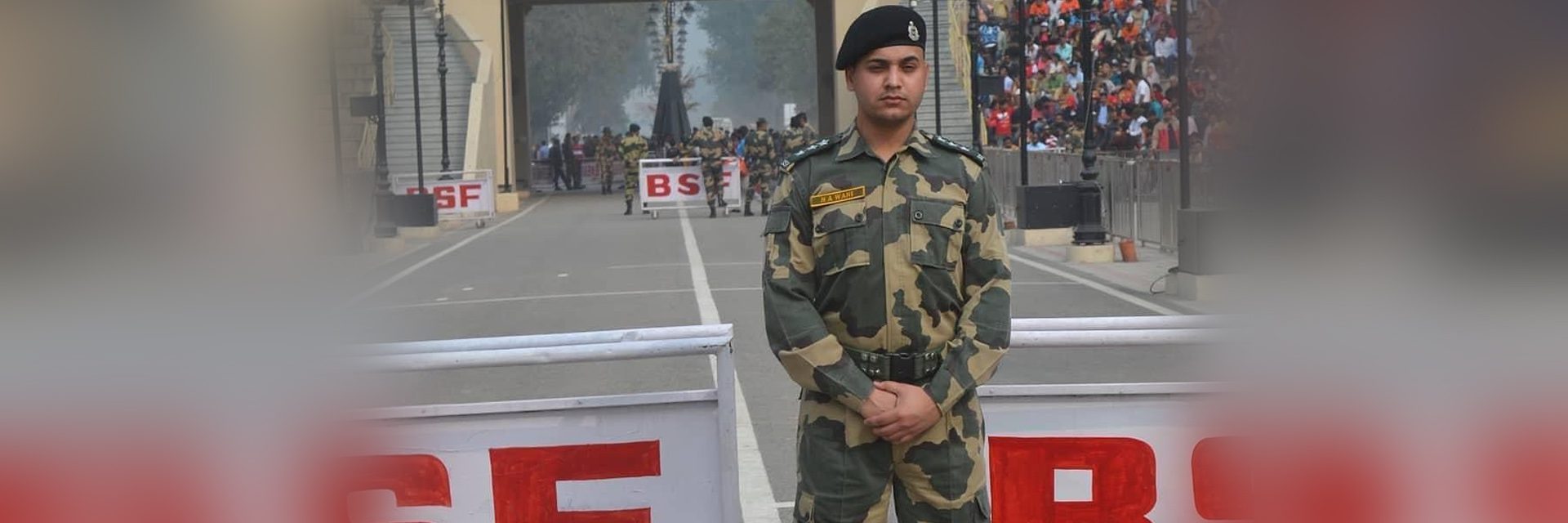(October 7, 2022) The fifth and current National Security Advisor (NSA) to the Prime Minister of India, Ajit Doval was the youngest police officer in the country to be awarded the Kirti Chakra, one of the highest defence gallantry awards. He has always been the determined achiever. When he was in school, his teacher chose him to be part of the school boxing team because even as a kid, he never did accept defeat.
The retired Indian Police Services (IPS) officer of the Kerala cadre and a former Indian intelligence and law enforcement officer started off his police career in 1968. He retired as director of Intelligence Bureau in 2005.
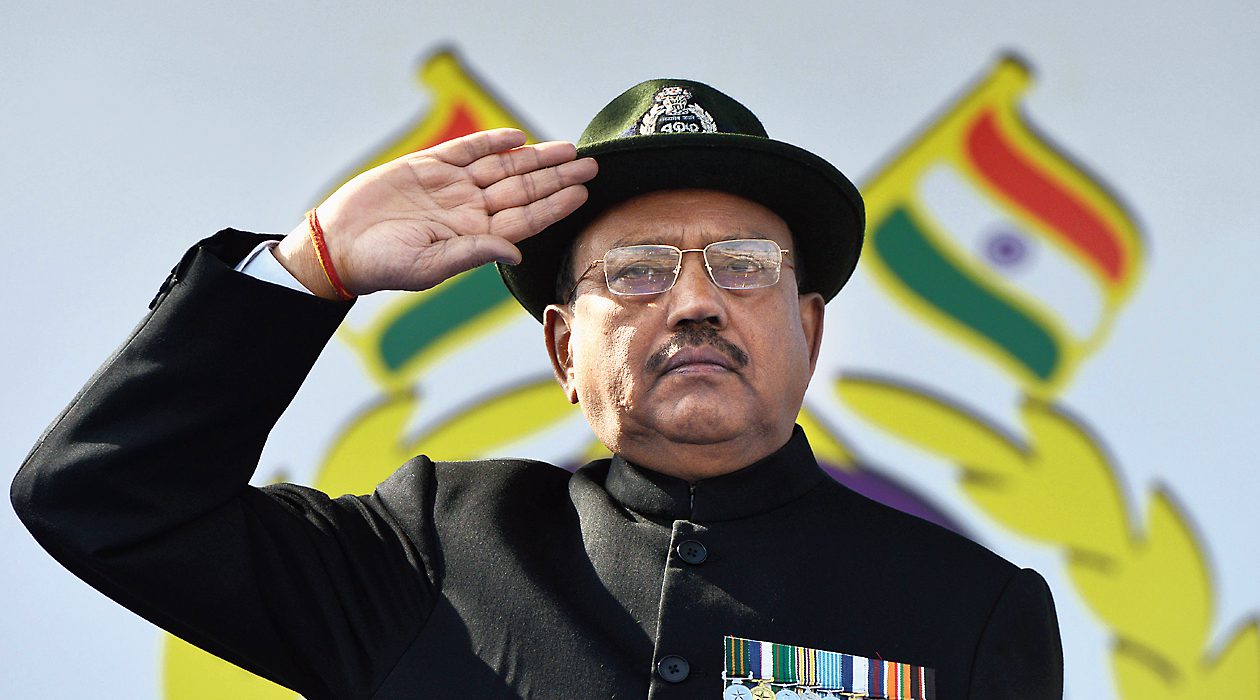
Due to his exemplary services over the years, Doval is fondly known as the James Bond of India. His list of achievements is impressive. He was actively involved in anti-insurgency operations in Mizoram and Punjab. The officer played a key role as one of the three negotiators in the release of passengers from the hijacked IC-814 in Kandahar in the year 1999. Between 1971 and 1999, Doval successfully terminated at least 15 hijackings of Indian Airlines aircrafts, becoming a hero of the nation.
Difficult projects handled successfully
Doval successfully supervised the September 2016 Uri surgical strike and February 2019 Balakot air strikes across the border in Pakistan. He also contributed towards ending the Doklam stand-off, taking decisive measures to tackle insurgency of the Northeast.
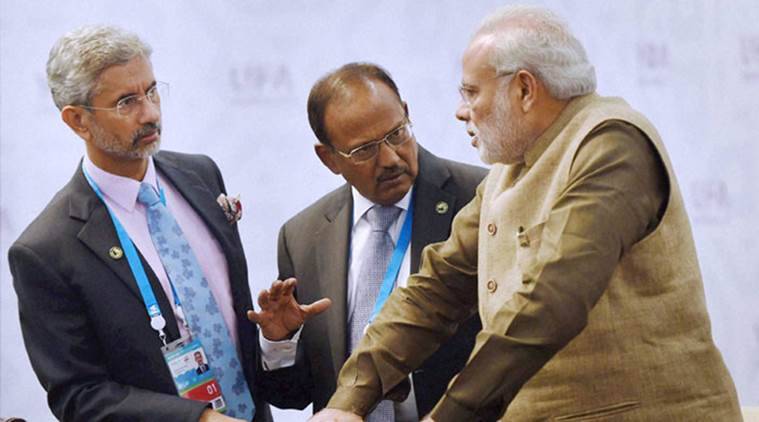
Talking about the atmosphere of conflict in the world right now, the Global Indian said in a recent conference:
If we want to tackle this atmosphere, it is important to maintain the unity of the country, and move as a united nation. The way India has been developing and progressing over the past few years, it will benefit every citizen of the country.
While answering questions related to his life, art of decision making and his journey to success, his advice for youngsters during a leadership talk with Dr Abhijit Jere, chief innovation officer, ministry of HRD was, “first consider the worst possible outcome and see if it’s affordable in such a way that the country can deal with it. Then work on this outcome by trying to make it better. Also have a backup plan so as to be prepared.”
The veteran of undercover operations
‘India’s James Bond’ spent seven years as an undercover operative in Pakistan gathering intelligence on active militant groups. The master spy managed to stay in disguise all those years, mastering Urdu and expertise in the country’s history, culture and politics.
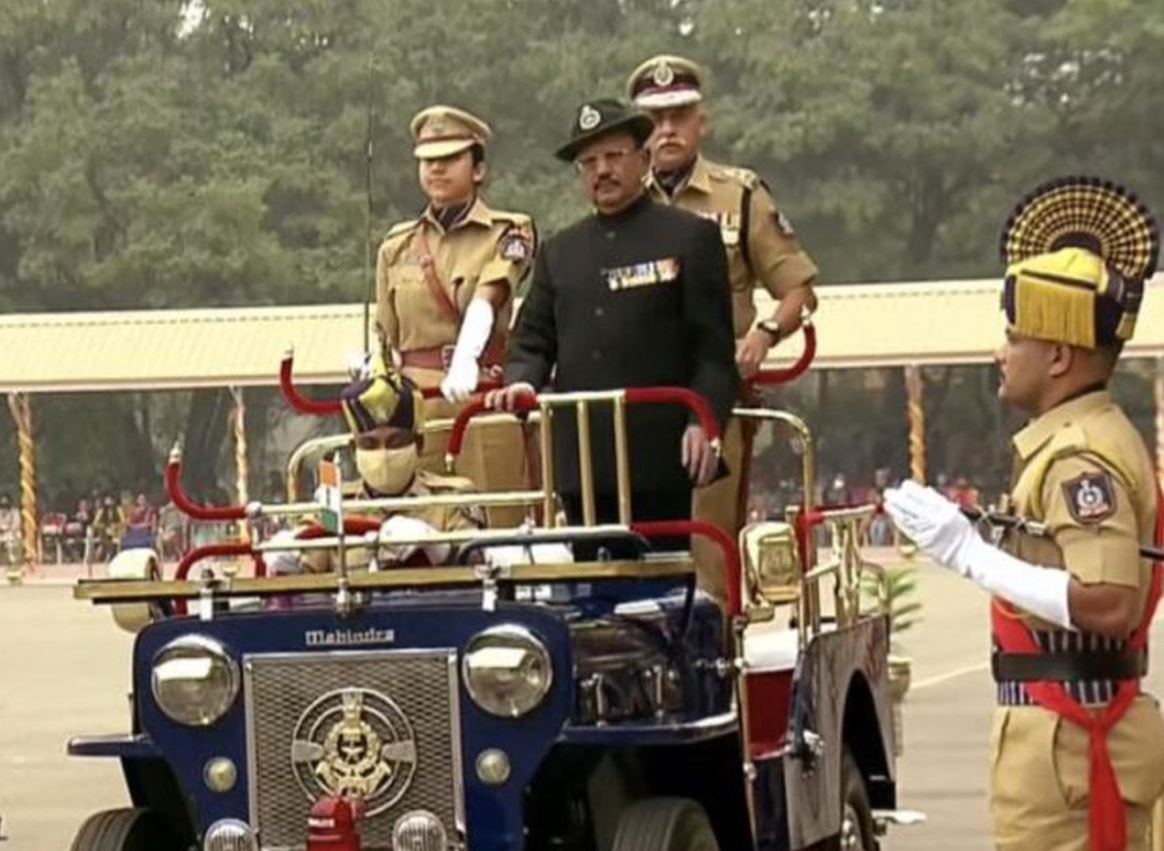
The veteran had also played a key role in gathering intelligence for ‘Operation Black Thunder’ throttling Khalistan’s militancy in 1984. He worked in disguise of a rickshaw puller in the areas surrounding the Golden Temple, and then later posed as an ISI agent, befriended the militants inside the temple. He managed to earn their trust, and entered the Golden Temple, gathering all information from there and passing it on to security agencies. In 1990s, he went to Kashmir and convinced hardcore militants and troops to become counter-insurgents, for facilitating Jammu and Kashmir elections of 1996.
The major part of Ajit Doval’s career has been spent as an active field intelligence officer with the Intelligence Bureau (IB). His service to the nation has been honoured with several awards, honours, and records to his credit.
His views on the future of war and terrorism are firm. In the leadership talk hosted by the ministry of HRD, he said:
In today’s scenario cyber security and information is the key.
Retired yet super active
Doval became the founder director of Vivekananda International Foundation (a public policy think tank) after his retirement from Indian Police Services in 2009.
The die-hard patriot’s expertise was sought thereafter, for a top-secret mission for which he flew to Iraq in 2014 to understand the position on the ground, made high-level connections in the Iraq government, and ensured release of 46 Indian nurses who were trapped in a hospital in Tikrit, Iraq, after a month of his being there in the country.
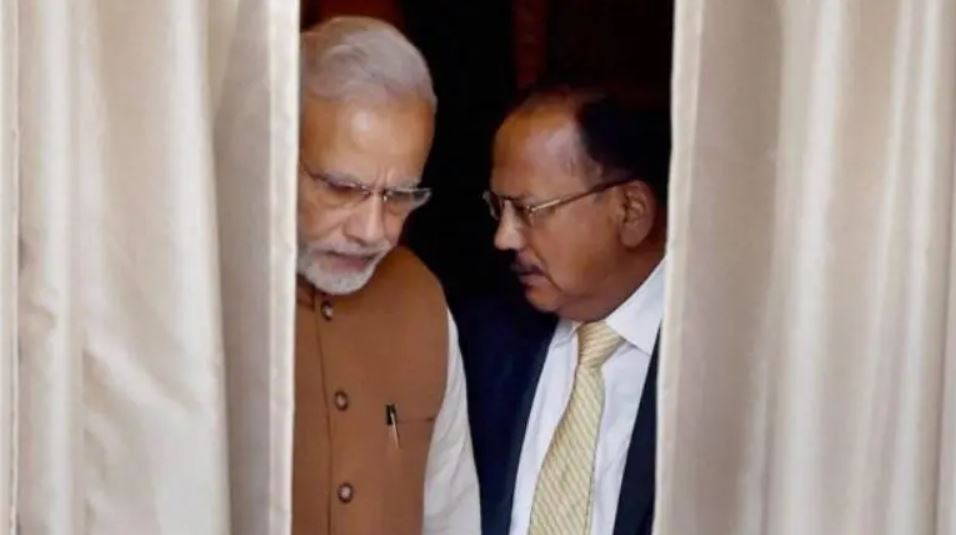
Later, the super cop also headed a successful military operation in Myanmar along with the then Army Chief General Dalbir Singh Suhag against National Socialist Council of Nagaland militants operating out of Myanmar.
Having served from 2014-2019 as National Security Advisor, in the year 2019, Ajit Doval got reappointed to the post for the next five-year term and was offered a cabinet rank in the second term of the Narendra Modi-led government.
Staying away from social media
Interestingly, in this era of the internet, for any personal communication Ajit Doval does not use the computer as ‘it can be compromised’. The top official has never signed up for any social media account. All his social media accounts are created by his fans and well-wishers. He believes that he is more of a solo person and likes doing things differently.
The national security advisor said in the leadership talk:
Live every second as the first second of the rest of your life.
Son of an Indian Army officer, Doval grew up in Ajmer, Rajasthan and completed his school education from King George’s Royal Indian Military School. He graduated with a masters in economics from University of Agra.
When faced with a choice between what you should do because of your duty and what you should do because of your passion, always choose the second option.
Doval advised students during his recent leadership talk.
Why Ajit Doval enjoys so much respect:
- He has worked many years as an undercover agent not only in Pakistan but also in the northeast, Arakan, Myanmar and deep inside China to gather intelligence information on active insurgent groups that were a threat to India.
- He managed to win the trust of hardcore Kashmiri militant, Kuka Parray in troubled Kashmir and persuaded him to surrender.
- When the security forces charged inside the Golden Temple to get Khalistani terrorists out from there in 1984, Ajit Doval was one among them.
- He has prevented 15 hijackings of Indian Airlines aircrafts.
- He was the key negotiator which led to the freedom of hostages from Taliban when they hijacked the plane, IC-814 at Kandahar in 1999.


